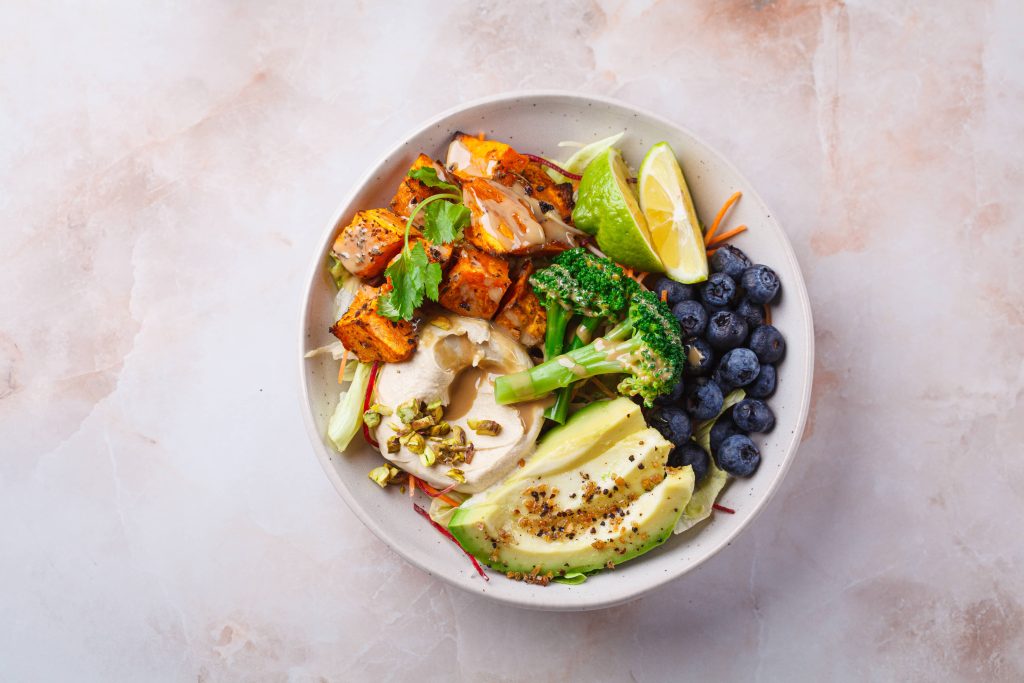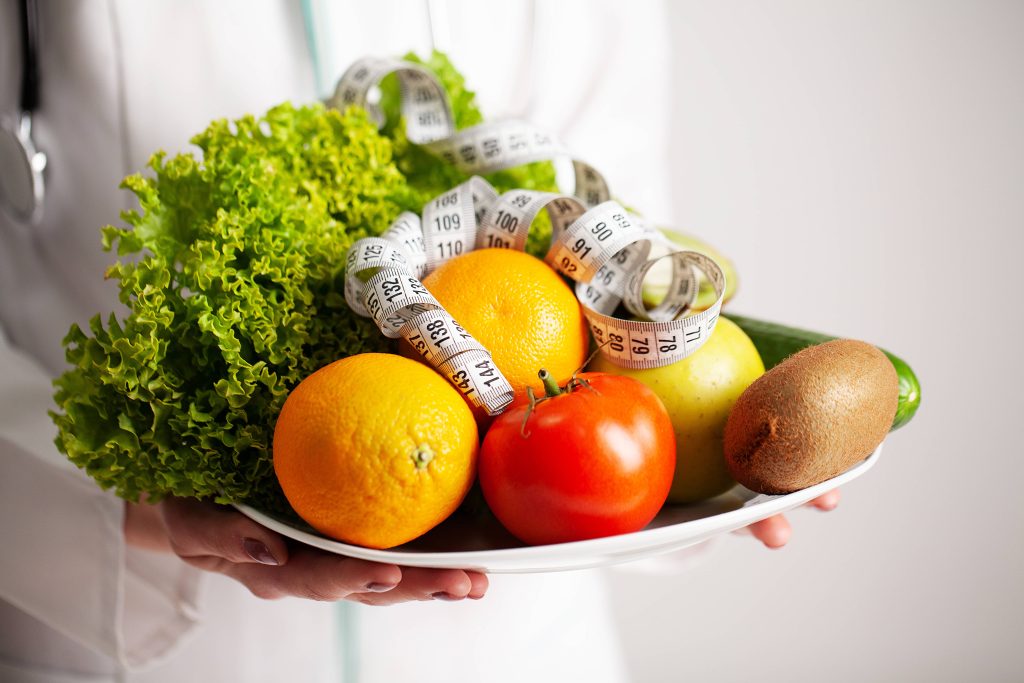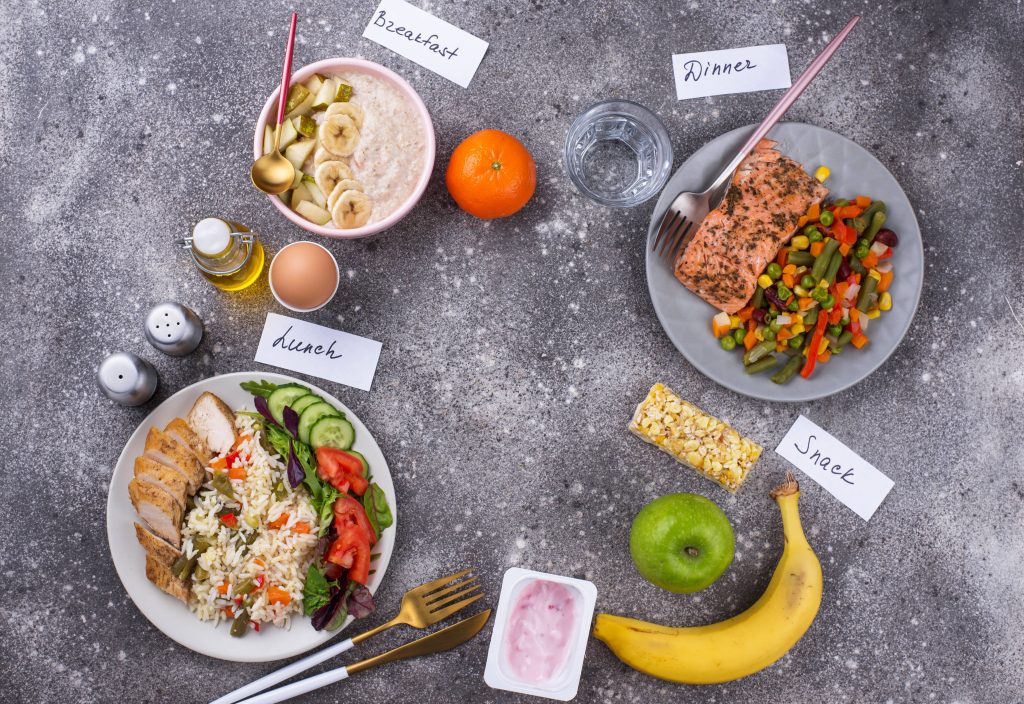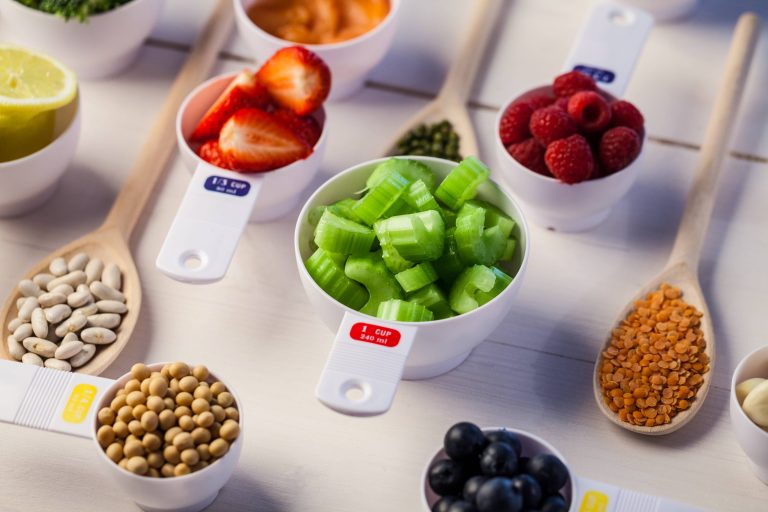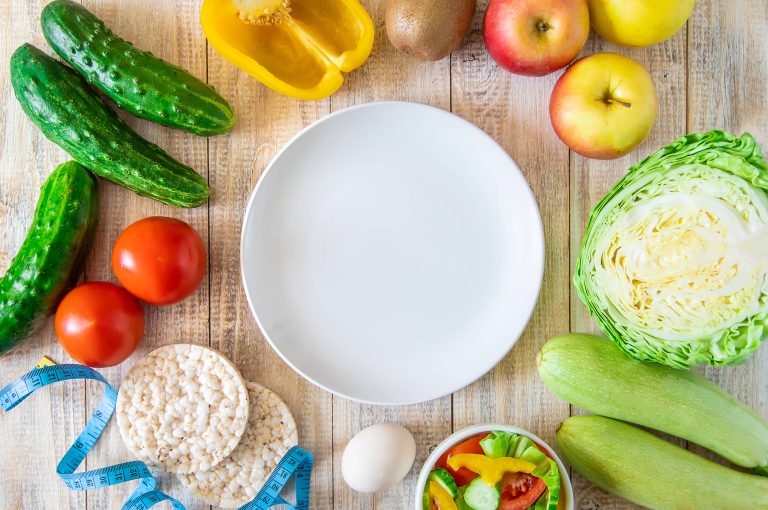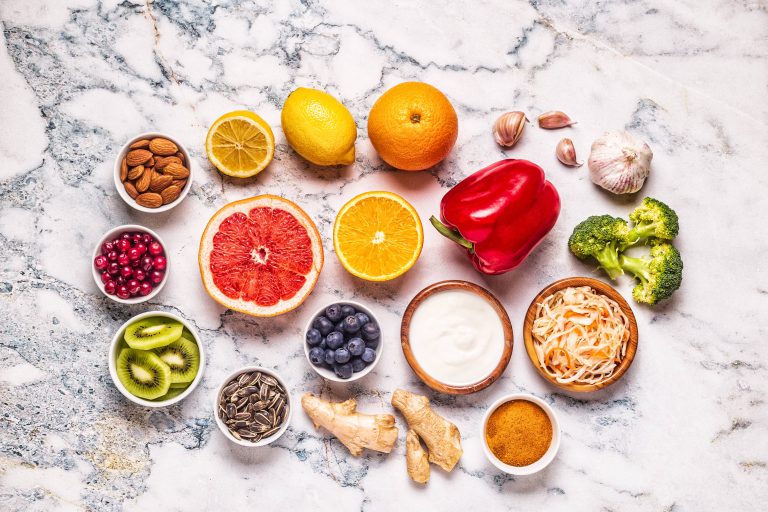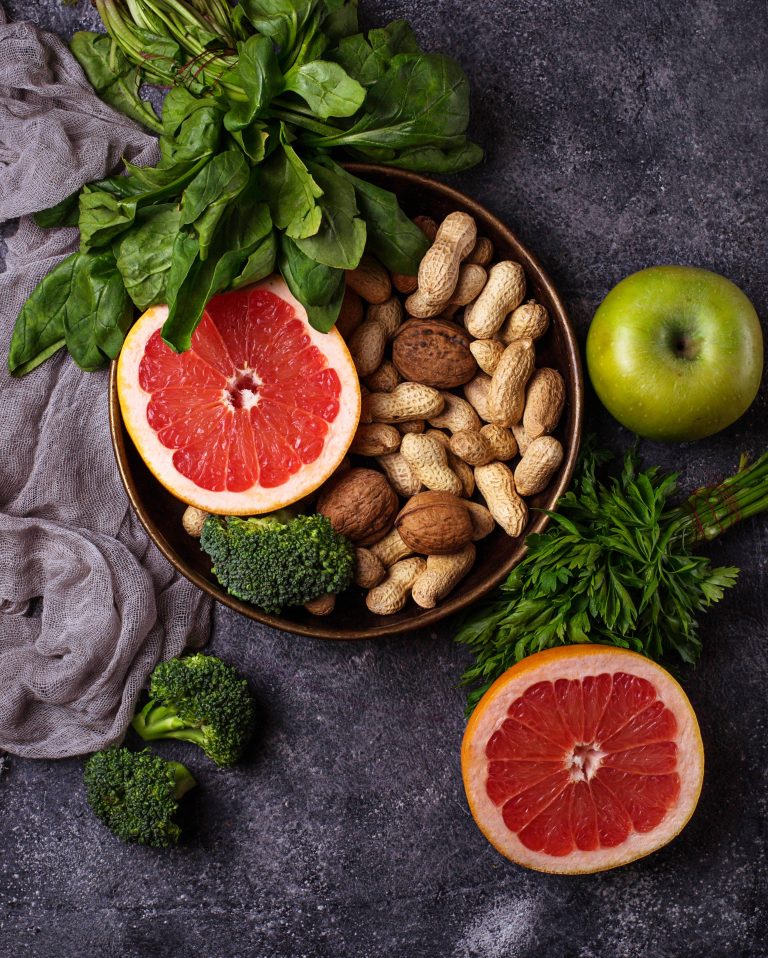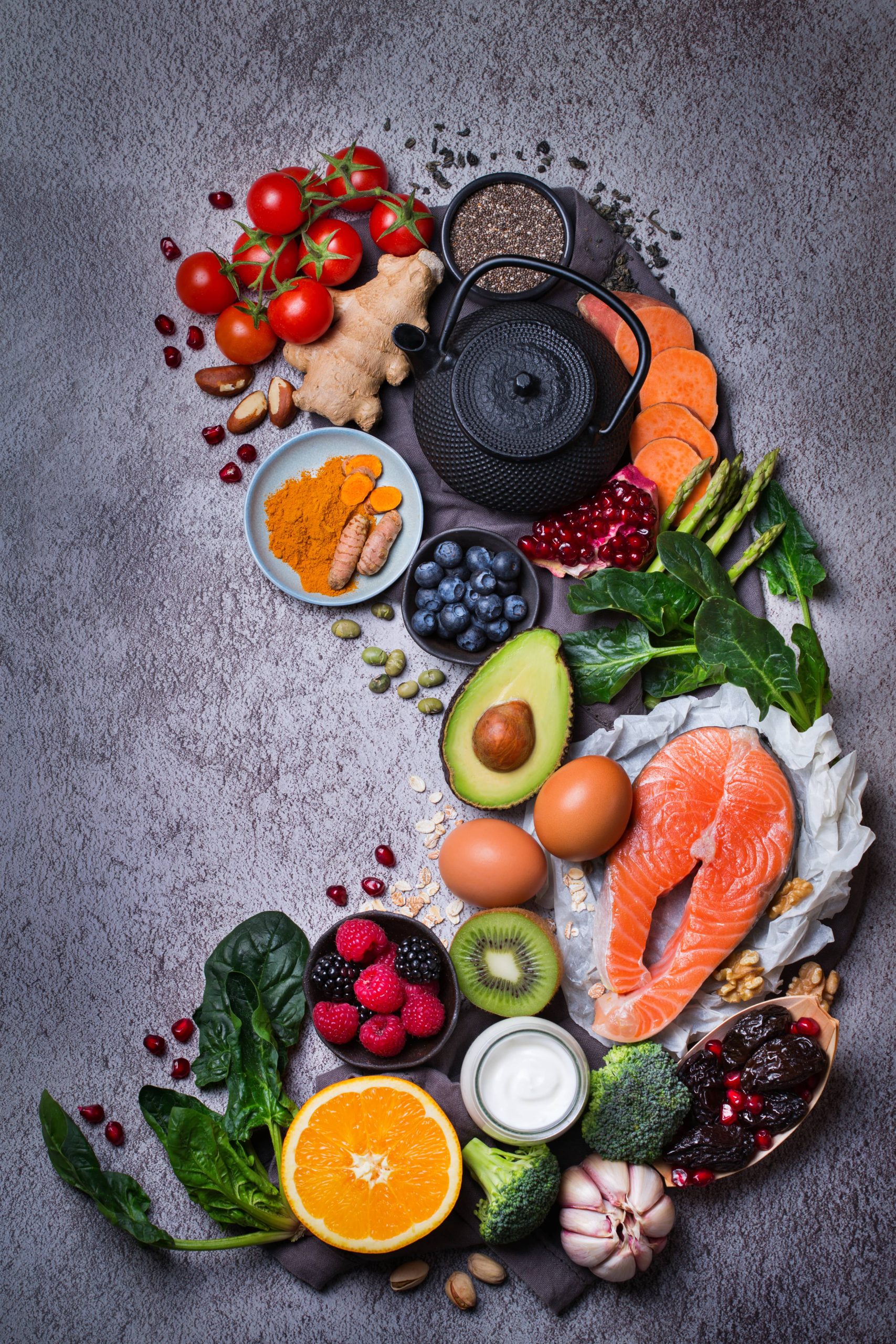
Pregnancy is a unique and beautiful journey, bringing about not only significant changes to a woman’s body but also new nutritional requirements. Proper nutrition during pregnancy is crucial for the health of both the mother and the developing baby. The phrase “eating for two” should not be an excuse to double your calorie intake indiscriminately. Instead, it’s about ensuring each bite is packed with nutrients to support the various stages of pregnancy. In this post, we’ll explore the components of a nutritionally balanced diet for expectant mothers to support optimal health and fetal development.
Understanding Nutritional Needs During Pregnancy
Before delving into specifics, it’s vital to understand why nutrition is paramount during pregnancy. The nutritional needs of a pregnant woman increase to accommodate the growth of the fetus, the development of the placenta, and other physiological changes. Certain vitamins and minerals, such as folic acid, iron, calcium, and DHA, become particularly important, as deficiencies can affect fetal development or lead to pregnancy complications.
1. Emphasize Whole Foods
A cornerstone of a healthy pregnancy diet is an emphasis on whole, minimally processed foods. Whole foods like fruits, vegetables, whole grains, lean proteins, and healthy fats provide the essential nutrients needed for fetal growth and maternal health. They supply fiber, which aids digestion and can help prevent constipation—a common issue during pregnancy. For example, incorporating a variety of colored vegetables and fruits ensures a rich intake of antioxidants and vitamins.
2. Nutrient-Dense Foods Over Calorie-Dense Foods
While caloric intake does need to increase—typically by about 300 extra calories per day during the second and third trimesters—the focus should be on nutrient-dense foods. Nutrient-dense foods provide vitamins and minerals without excessive calories. For instance, replace empty-calorie snacks like chips or soft drinks with nutrient-rich options like a handful of nuts, yogurt with fruit, or veggies with hummus.
3. Vital Nutrients and Their Sources
– Folic Acid: Essential to reducing the risk of neural tube defects, folic acid is crucial in the early stages of pregnancy. Leafy green vegetables, fortified cereals, beans, and citrus fruits are excellent sources of this nutrient. Many prenatal supplements also contain folic acid since meeting the daily requirements through diet alone can be challenging.
– Iron: Iron supports increased blood volume and the formation of hemoglobin. It also supplies oxygen to the baby and prevents maternal anemia. Red meat, poultry, fish, lentils, and spinach are iron-rich foods. Consuming vitamin C-rich foods, like oranges or bell peppers, alongside iron-rich meals can enhance iron absorption.
– Calcium: Necessary for the development of strong bones and teeth in the fetus, calcium also supports the mother’s bone health. Dairy products like milk, cheese, and yogurt are excellent sources, as are fortified plant-based milks and leafy greens.
– DHA (Docosahexaenoic Acid): An omega-3 fatty acid, DHA is critical for brain and eye development in the fetus. Sources include fatty fish like salmon and mackerel. For those avoiding fish, consider algae-based supplements to ensure adequate DHA intake.
4. Hydration
Staying hydrated is as important as eating well during pregnancy. Water plays a critical role in forming the amniotic fluid, supporting fetal circulation, and maintaining optimal maternal body functions. Pregnant women should aim to drink at least 8 to 10 glasses of water a day, adjusting for climate and activity level. Herbal teas and water-rich fruits can also contribute to good hydration.
5. Mindful Eating
Pregnancy cravings and aversions are real, and listening to your body is essential. However, mindful eating—focusing on balanced meals and snacks, eating when truly hungry, and stopping when full—can help manage weight gain and promote well-being. Occasional indulgences are fine but should be balanced with overall dietary goals.
6. Meal Planning and Preparation
Effective meal planning and preparation can make healthy eating more accessible during pregnancy. Incorporating a variety of foods ensures that both mother and baby receive a full spectrum of nutrients. Consider preparing meals ahead of time, utilizing slow cookers, or batch cooking to reduce stress and ensure nutritious foods are available even on busy days.
7. Seeking Professional Guidance
While general guidelines are helpful, each pregnancy is unique. Consulting with healthcare professionals, such as a registered dietitian specializing in prenatal nutrition, can provide personalized advice. They can assess individual needs, address dietary concerns such as gestational diabetes or food allergies, and ensure both mother and baby are well-nourished.
Conclusion
A balanced diet during pregnancy nurtures both the mother and the developing baby. By focusing on whole foods, prioritizing nutrient-dense choices, and staying hydrated, expectant mothers can support healthy fetal development and maternal well-being. Remember that each pregnancy journey is personal, and seeking professional guidance can provide the tailored support needed for a healthy, joyful pregnancy.

